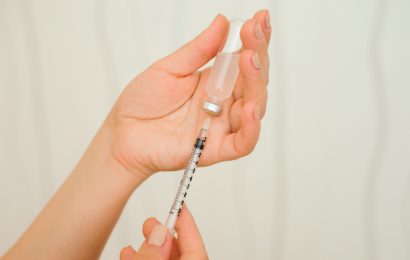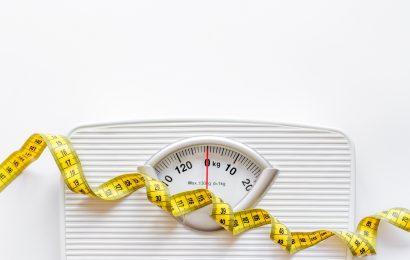Just one hour of screen time on a phone, tablet or computer at night can increase sugar consumption, according to new animal research from the University of Strasbourg and University of Amsterdam.
Artificial blue light produced by such devices has been linked with an increased risk of type 2 diabetes and other health conditions, which leading theories suggest is because it disrupts the body’s circadian rhythms. To evaluate the effects of blue light on blood glucose regulation, scientists exposed male rats to an hour of blue light in the evening, then measured how much they ate and their glucose tolerance the next day.
To get cutting-edge diabetes news, strategies for blood glucose management, nutrition tips, healthy recipes, and more delivered straight to your inbox, sign up for our free newsletter!
The day following the blue light exposure, the rats were given the option to choose from nutritionally balanced standard rodent food, water, lard and sugar water. The researchers found that just one hour of blue light exposure was enough to increase the rats’ consumption of sugar water compared to nights when they weren’t exposed to blue light. The investigators suggest this may be because the eye’s retina is sensitive to blue light from electronic devices and communicates with the portion of the brain that controls appetite.
The findings suggest people using phones, tablets or computers at night might be more likely to eat sugary snacks.
“Limiting the amount of time that we spend in front of screens at night is, for now, the best measure to protect ourselves from the harmful effects of blue light,” says lead study author Anayanci Masís-Vargas. “In case it is necessary to be exposed to devices at night, I would recommend the use of apps and night mode features on the devices, which turn the screens more orange and less blue or the use of blue light filtering goggles that are already available in the market.”
Want to learn more about eating well with diabetes? Read “Improving Your Recipes: One Step at a Time,” “Top Tips for Healthier Eating” and “Cooking With Herbs and Spices.”
Diane Fennell
Senior Digital Editor for DiabetesSelfManagement.com, Fennell has 16 years’ experience specializing in diabetes and related health conditions. Based in New York City, she has a degree from Columbia University.






